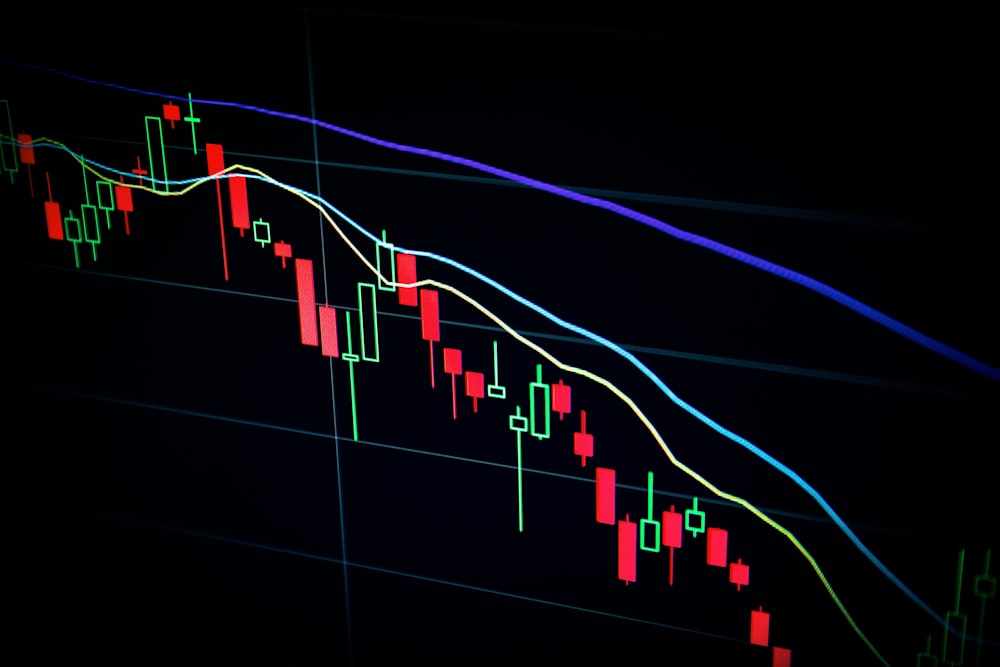Nasdaq Lists Zero Day Options As Demand Skyrockets
Photo by Maxim Hopman on Unsplash
Nasdaq added zero-day options contracts tracking popular ETFs in commodity and Treasury markets to capitalize on the recent boom.
he Nasdaq exchange group listed new zero-options contracts that allow traders to speculate on Treasury and commodity market prices. By adding new options contracts tracking popular exchange-traded funds (ETFs) tracking oil, natural gas, gold, and long-term Treasuries, Nasdaq aims to replicate the growing trend that transformed trading in US stock indices in recent years.
Nasdaq Adds New Contracts to Take Advantage of Zero-Day Options Surge
This year saw the emergence of a rising trend in options trading on Wall Street, namely zero-day options.
To capitalize on their growing popularity, Nasdaq has introduced novel options contracts linked to popular ETFs that focus on commodities such as oil, natural gas, gold, silver, and long-term Treasuries.
The move aims to replicate a boom that disrupted trading in US stock indexes during the coronavirus pandemic. This August, zero-day options represented over 50% of the overall S&P 500 options volume, up from just 5% in 2016, according to the Cboe exchange group.
At first, zero-day trading in options tied to the S&P 500 was considered by investors as a transient phenomenon driven by speculative retail traders, raising concerns among analysts and regulators over a potential systematic risk. However, Nasdaq’s move suggests that the exchange group perceives zero-day trading as a potential longer-term trend that could spill into different asset classes.
Options are contracts that allow investors to purchase or sell an asset at a specific price by a given date. Trading these contracts on the expiry date is referred to as zero-day trading. Speculative traders often use it to bet on or hedge against extremely short-term market movements.
Why is Zero Day Options Trading Risky?
Although zero-day options are becoming a thing among retail traders, analysts still see them as an extremely risky strategy.
This is primarily due to its short-term nature and high volatility. While regular stock options inherently have a high-risk profile, these threats are even more heightened when trading zero-day options due to their abbreviated lifetime.
Notably, these options expire within a day, making them highly sensitive to sudden market fluctuations. The limited time frame amplifies the risk, as the market has little room to correct if the trade goes against the investor.
Additionally, the speculative and leveraged nature of zero-day options magnifies potential losses. Retail investors, often attracted by the low entry cost, may underestimate the complexity and risk, leading to significant financial exposure and a higher chance of large-scale losses.
Given their high-risk profile, do you think US market regulators will likely impose certain controls to regulate the trading of zero-day options in the future? Let us know in the comments below.
More By This Author:
Three Big AI Stocks To Consider Other Than NvidiaGold Hits $2,013 And Sets A 6-Month High As The US Dollar Retreats
Three Wide Moat Stocks Set Up For A 2024 Uptick
Neither the author, Tim Fries, nor this website, The Tokenist, provide financial advice. Please consult our more




